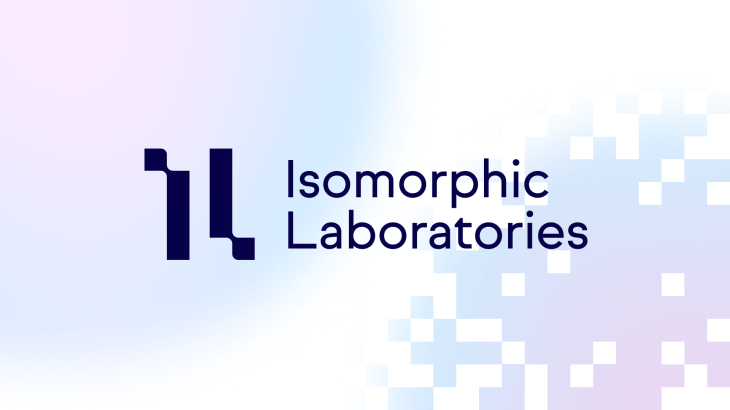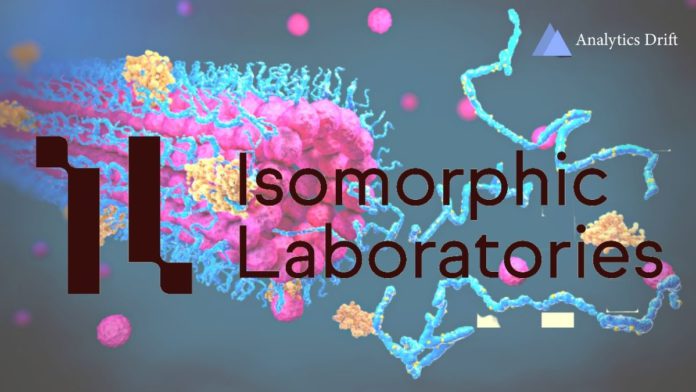DeepMind, a London-based artificial intelligence research company owned by Google’s parent Alphabet, has introduced a new drug development company.

The tech juggernaut and Google parent firm had made a big and unexpected splash in the realm of biology last year. Last November, DeepMind, the company’s AI research arm, astonished structural biologists by solving the long-standing challenge of protein structure prediction with their deep learning model, AlphaFold2.
This discovery was a crucial milestone in the drug discovery industry as the function of proteins in a cell is linked to almost every illness. The three-dimensional protein structure, in turn, may be used to identify the function. Anyone who understands this “folding” may better identify and treat illnesses, among other things.
AlphaFold 2 solved a 50-year-old protein folding puzzle by accurately predicting a protein’s 3D structure directly from its amino acid sequence. Its goal is to learn more about how a protein’s delicate structure interacts with cells and how their unique forms might drive both life and sickness. Eight months later, it expanded on those results by making the model’s code and a database of over 350,000 predicted protein structures available to the public. That information has been utilized by independent researchers to speed up a wide spectrum of biological study, including efforts to comprehend the coronavirus.
Other companies under Alphabet’s wing are already researching various areas of human health. For instance, Verily monitors glucose levels in diabetics, and Calico, which is committed to exploring ways to slow down aging.
Hassabis will help Isomorphic Lab during its early operations to ease collaboration between the new company and Deepmind. He went on to say that this would also help define Isomorphic Labs’ strategy, vision, and culture. It might make use of DeepMind’s protein structure research to find out how various proteins interact. Instead of developing its own medications, the company may choose to market its models by forming alliances with pharmaceutical industries.
Hassabis noted that AI technologies would increasingly be employed not merely for evaluating data, but also for building effective predictive and generative models of complicated biological processes. According to him, AlphaFold2 is a significant first step in this direction, but there’s a lot more to come.
The new company was given the moniker “Isomorphic Laboratories” because it was assumed that information systems and biological systems might share a structured architecture. Isomorphism refers to the fact that they have similar shapes yet differ in origin. The ultimate goal of the new company is, to model and understand some of the fundamental mechanisms of life.
Read More: DeepMind open-sources MuJoCo for development in robotics research
According to the National Center for Biotechnology Information in the United States, the cost of developing a new medicine is on average 1.3 billion dollars. The report also states that researchers currently physically create each component before testing it in the lab under human-like settings. Testing would be faster, safer, and less expensive if AI was used. Hassabis elaborates that artificial intelligence can speed up and improve the entire process by not only analyzing data but also building predictive and generative models of highly complicated biological occurrences.
Isomorphic Labs is not the first nor only company that plans to streamline drug development by leveraging artificial intelligence. Similar technology is being investigated by several notable research institutes, including a team at the University of Washington. Like Atomwise in San Francisco and Recursion Pharmaceuticals in Salt Lake City, several start-ups are seeking to use new artificial intelligence approaches to drug discovery.
Isomorphic Labs is now looking to employ a “world-class interdisciplinary team,” which would include professionals in artificial intelligence, biology, medicinal chemistry, biophysics, and engineering, all of whom would work in a highly collaborative and inventive setting. As the company progresses into later phases, Hassabis also says that it may appoint a new CEO.


